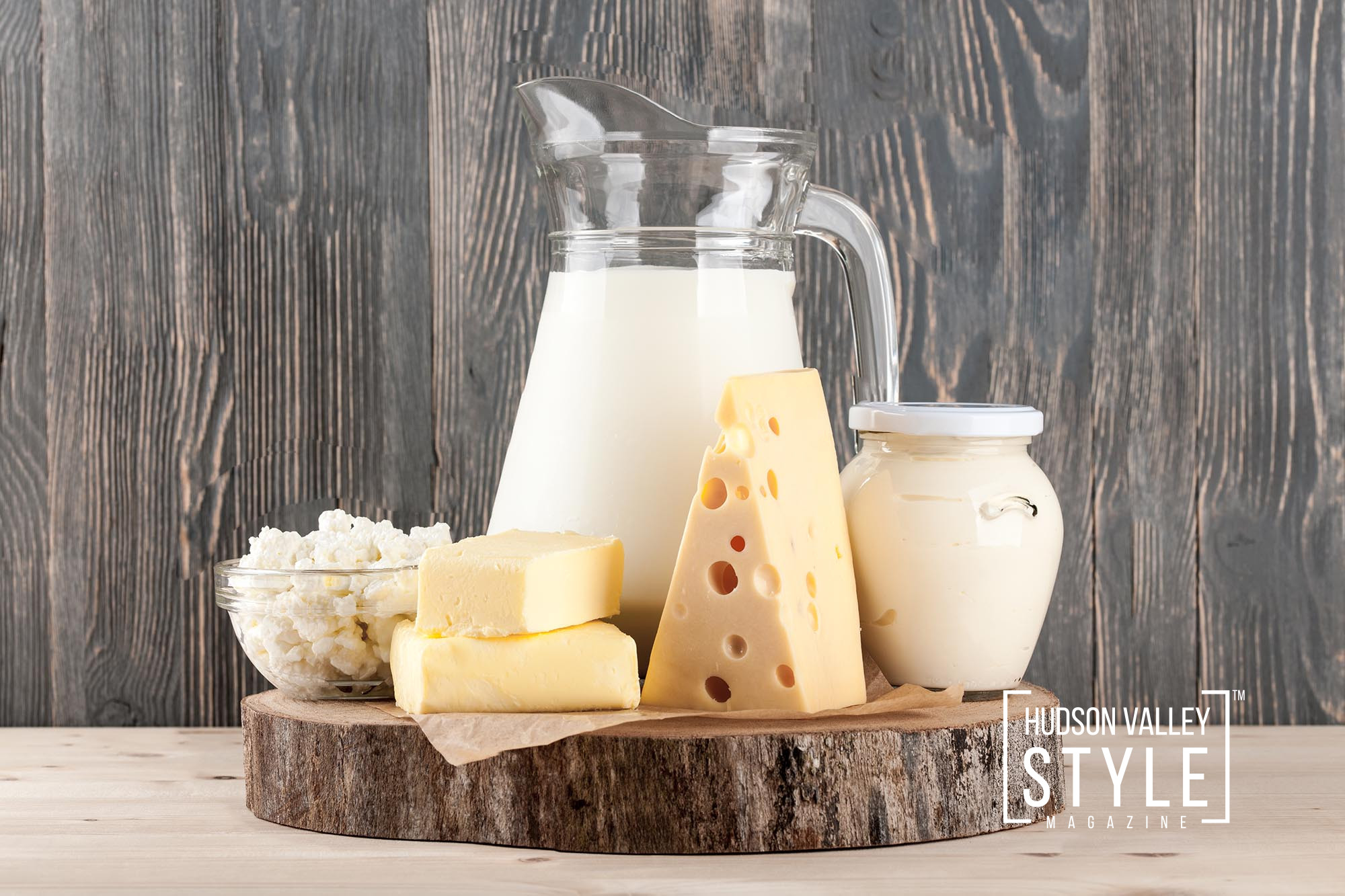Pursuing optimal health and peak fitness entails more than regular exercise—it demands keen attention to your diet as well. A comprehensive understanding of nutrition transcends counting calories and balancing macronutrients; it involves discerning the effect of specific foods on our bodies at the cellular level. One crucial factor is the diet’s impact on inflammation within the body. While acute inflammation is a necessary immune response, chronic inflammation may undermine health and hinder fitness progress. With this knowledge, here are the top five inflammatory foods you should aim to minimize or avoid:
Processed Foods
Processed foods, including items like chips, candy, instant noodles, and processed meats, are typically high in unhealthy trans fats and saturated fats, added sugars, and excessive sodium, which can induce inflammation. These foods often contain preservatives, additives, and other artificial ingredients that might intensify the body’s inflammatory responses.
Sugary Drinks
Sugary drinks, such as soda and some fruit juices, are calorie-dense and can cause blood sugar spikes leading to inflammation. High intake of sugary drinks has been linked to increased inflammatory markers in the body. Furthermore, regular consumption of these drinks can contribute to insulin resistance and other health issues like obesity and type 2 diabetes.
Refined Carbohydrates
Refined carbohydrates, including white bread, pasta, and pastries, are stripped of their fiber and other nutrients during processing. This modification not only reduces their satiety value (leading to overeating) but also allows them to be rapidly digested, causing blood sugar and insulin level spikes, which can fuel inflammation.
Dairy Products
While dairy products, particularly milk, are rich in nutrients such as calcium and vitamin D, recent studies have suggested that daily consumption of milk may be linked to certain health risks, including ovarian and prostate cancer.
“Ditch the dairy to avoid the naturally occurring hormones and compounds in cow’s milk that can increase the risk of breast, ovarian, and prostate cancers,” says Anna Herby, DHSc, RD, CDCES, a co-author of the review and the nutrition education program manager for the Physicians Committee for Responsible Medicine. “Calcium, protein, and other nutrients can be obtained through healthful plant sources containing antioxidants that actually reduce your cancer risk.”
Trans Fats
Trans fats are artificially created fats found in many processed foods, designed to extend shelf life. They are associated with increased inflammation and can lead to heart disease. Trans fats not only raise ‘bad’ LDL cholesterol but also decrease ‘good’ HDL cholesterol, promoting inflammatory responses.
In conclusion, by adopting a diet filled with whole, unprocessed foods such as fruits, vegetables, whole grains, lean proteins, and healthy fats, you will be nourishing your body and supporting your overall health and fitness goals. Remember, nutrition is not merely about feeding your body—it’s about nourishing it.





